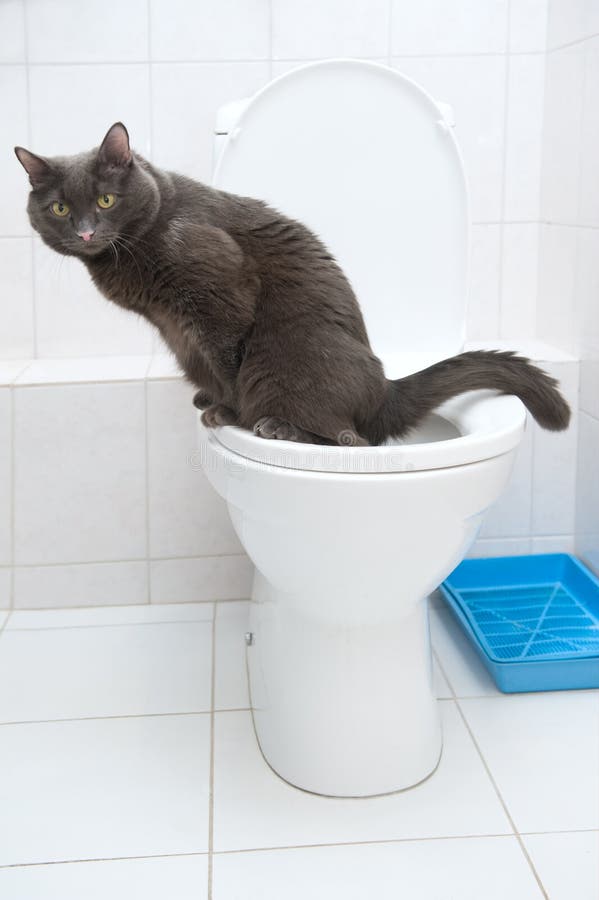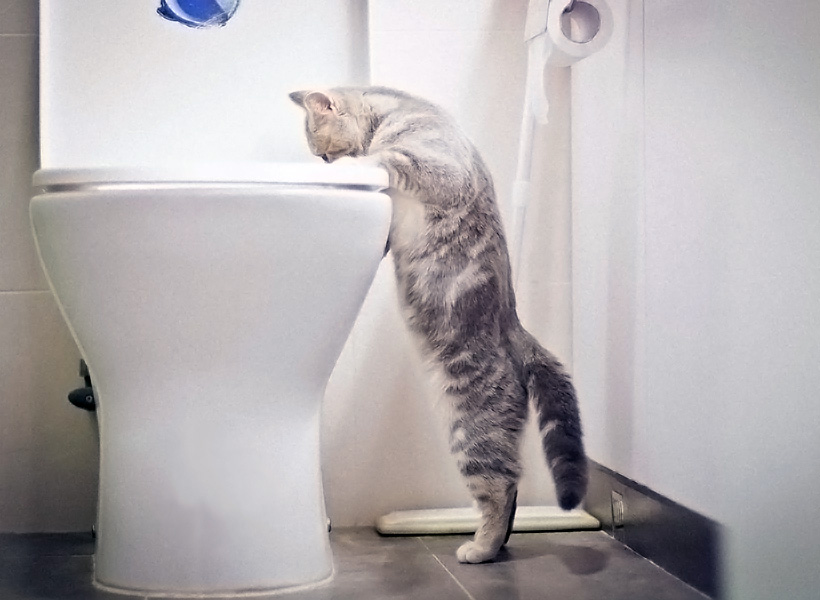Reasons Flushing Cat Poop Down Your Toilet Isn't a Good Idea - Tips for Proper Handling
Reasons Flushing Cat Poop Down Your Toilet Isn't a Good Idea - Tips for Proper Handling
Blog Article
They are making a few good points on the subject of How to Dispose of Cat Poop and Litter Without Plastic Bags in general in this article further down.

Intro
As cat proprietors, it's vital to be mindful of how we dispose of our feline pals' waste. While it may seem convenient to flush cat poop down the toilet, this method can have destructive effects for both the setting and human health.
Environmental Impact
Purging pet cat poop presents dangerous microorganisms and bloodsuckers into the water supply, posing a considerable danger to water ecological communities. These contaminants can adversely impact marine life and compromise water high quality.
Health and wellness Risks
Along with environmental concerns, flushing cat waste can likewise present health threats to humans. Feline feces may contain Toxoplasma gondii, a parasite that can create toxoplasmosis-- a possibly serious health problem, particularly for expectant women and people with damaged immune systems.
Alternatives to Flushing
The good news is, there are much safer and extra liable ways to throw away feline poop. Think about the complying with options:
1. Scoop and Dispose in Trash
The most common method of dealing with feline poop is to scoop it into a naturally degradable bag and throw it in the trash. Be sure to utilize a specialized trash inside story and throw away the waste quickly.
2. Usage Biodegradable Litter
Choose biodegradable pet cat trash made from products such as corn or wheat. These trashes are eco-friendly and can be safely thrown away in the garbage.
3. Bury in the Yard
If you have a yard, consider hiding pet cat waste in a marked location away from veggie gardens and water resources. Make sure to dig deep sufficient to prevent contamination of groundwater.
4. Mount a Pet Waste Disposal System
Purchase a pet dog garbage disposal system particularly made for pet cat waste. These systems make use of enzymes to break down the waste, decreasing odor and ecological impact.
Conclusion
Accountable family pet ownership prolongs beyond giving food and shelter-- it likewise includes appropriate waste monitoring. By avoiding flushing cat poop down the toilet and opting for alternative disposal methods, we can lessen our ecological footprint and safeguard human health.
Why You Should Never Flush Cat Poop Down the Toilet
A rose by any other name might smell as sweet, but not all poop is created equal. Toilets, and our sewage systems, are designed for human excrement, not animal waste. It might seem like it couldn’t hurt to toss cat feces into the loo, but it’s not a good idea to flush cat poop in the toilet.
First and foremost, assuming your cat uses a litter box, any waste is going to have litter on it. And even the smallest amount of litter can wreak havoc on plumbing.
Over time, small amounts build up, filling up your septic system. Most litter sold today is clumping; it is made from a type of clay that hardens when it gets wet. Ever tried to scrape old clumps from the bottom of a litter box? You know just how cement-hard it can get!
Now imagine just a small clump of that stuck in your pipes. A simple de-clogger like Drano isn’t going to cut it. And that means it’s going to cost you big time to fix it.
Parasitic Contamination
Believe it or not, your healthy kitty may be harboring a nasty parasite. Only cats excrete Toxoplasma in their feces. Yet it rarely causes serious health issues in the cats that are infected. Most people will be fine too if infected. Only pregnant women and people with compromised immune systems are at risk. (If you’ve ever heard how women who are expecting are excused from litter cleaning duty, Toxoplasma is why.)
But other animals may have a problem if infected with the parasite. And human water treatment systems aren’t designed to handle it. As a result, the systems don’t remove the parasite before discharging wastewater into local waterways. Fish, shellfish, and other marine life — otters in particular — are susceptible to toxoplasma. If exposed, most will end up with brain damage and many will die.
Depending on the species of fish, they may end up on someone’s fish hook and, ultimately on someone’s dinner plate. If that someone has a chronic illness, they’re at risk.
Skip the Toilet Training
We know there are folks out there who like to toilet train their cats. And we give them props, it takes a lot of work. But thanks to the toxoplasma, it’s not a good idea.

As an enthusiastic reader about Don’t flush cat feces down the toilet, I thought sharing that piece of content was worth the trouble. Do you know somebody else who is involved in Don’t flush cat feces down the toilet? Why not share it. Many thanks for taking the time to read it.
Book A Service Report this page